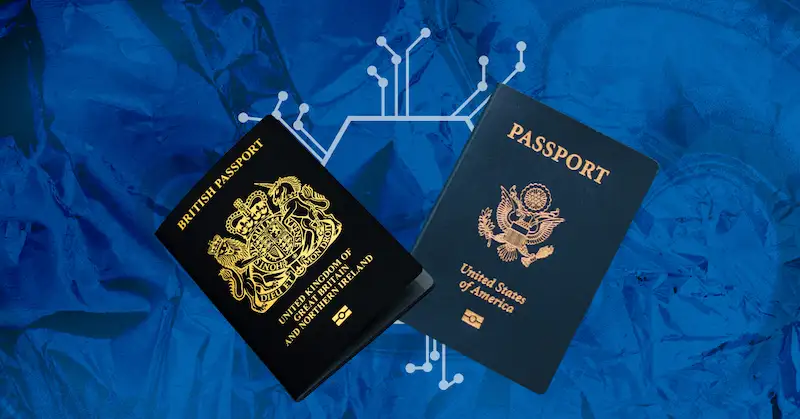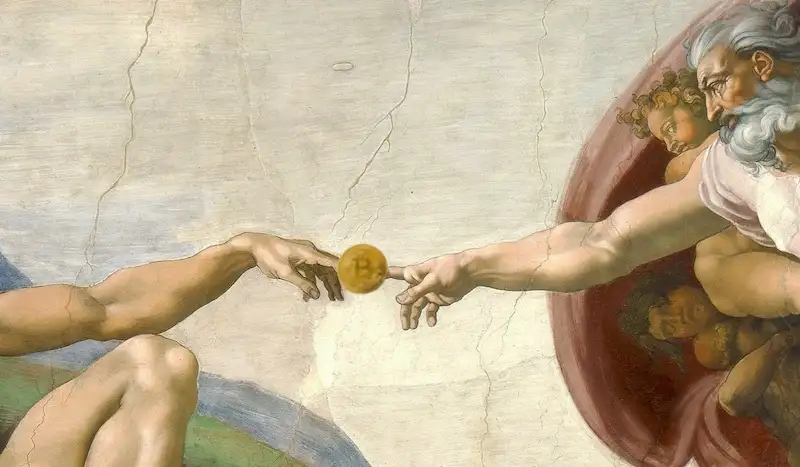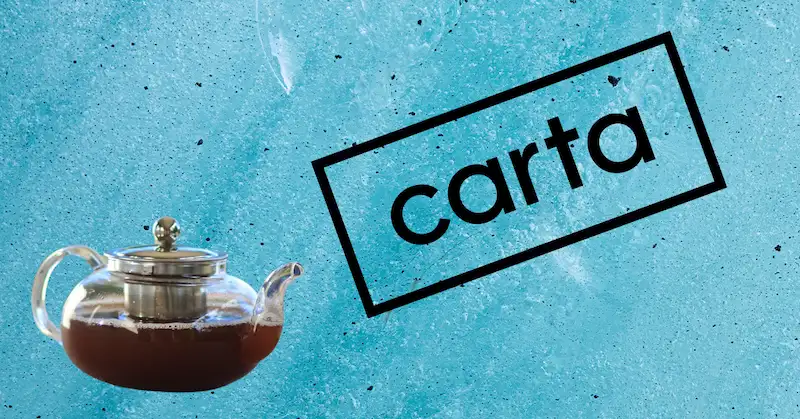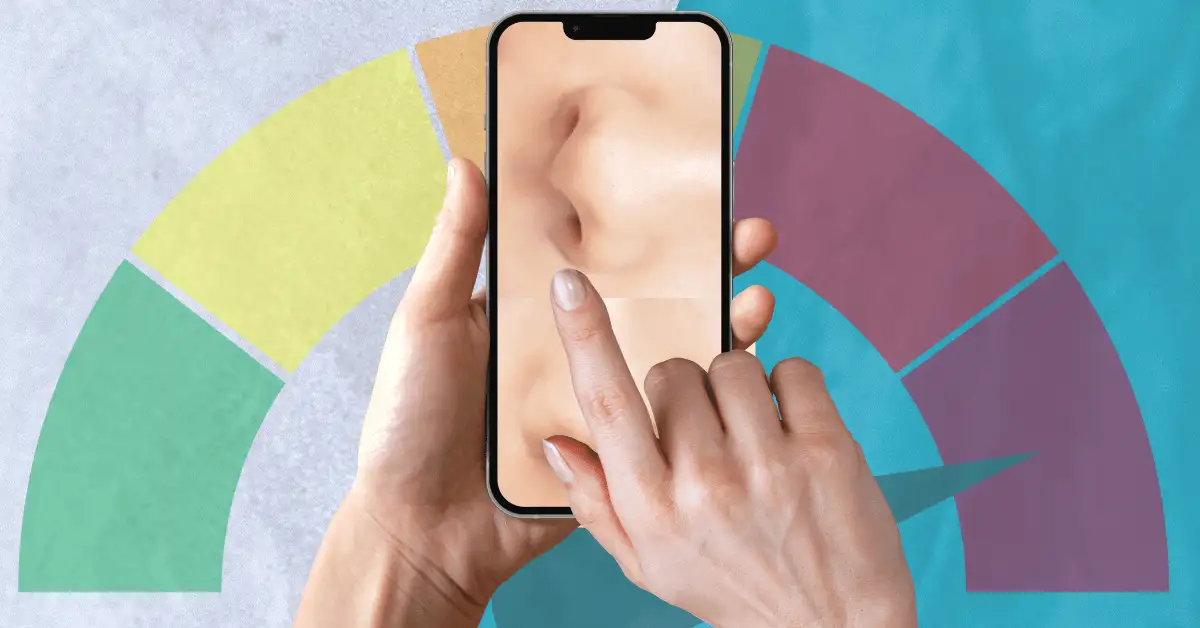Following pressure from the Consumer Financial Protection Bureau (CFPB), banks will now refund customers scammed by fraudsters pretending to be a government agency, bank, or service provider on Zelle.
Zelle is owned by Early Warning Systems (EWS), which is owned by seven banks, including JPMorgan Chase, Bank of America, and Wells Fargo.
The app allows transfers between banks, which feels more secure than sending money into the ether. People assumed that the banks would have their backs if something went awry, per TechCrunch in 2018.
They were wrong
Imposter fraud on Zelle might look like this: A scammer advertises concert tickets on Craigslist. The victim agrees to buy them and transfers payment. The scammer disappears, shutting down their bank account without sending the tickets.
Federal law requires banks to reimburse customers who are scammed without authorization — e.g., via a hack — but not customers who are tricked into voluntarily making a transaction.
The banks argued that if they repaid these victims, it would only encourage more scammers.
Oddly enough, this is what J. Paul Getty — then the richest man in the world — said in 1973 when kidnappers held his grandson for ransom, refusing to pay until they sent his grandson’s severed ear to a newspaper.
How bad is scamming on Zelle?
Zelle reported $629B in payments in 2022, 99.9% of which were processed without any fraud reports.
But US lawmakers found Zelle had lost an estimated $440m to fraud in 2021, per Reuters, and that was enough to get them concerned.
So, EWS:
- Now requires banks to flag any suspicious transfers — e.g., those tied to accounts that have no prior transactions
- Still won’t require banks to just refund victims. Instead, it developed a way for banks to claw the money back from shady recipients.
Expect more on all of this next month, when there’ll be a Senate hearing.
If you’ve been scammed, you can report it on Zelle’s website.













